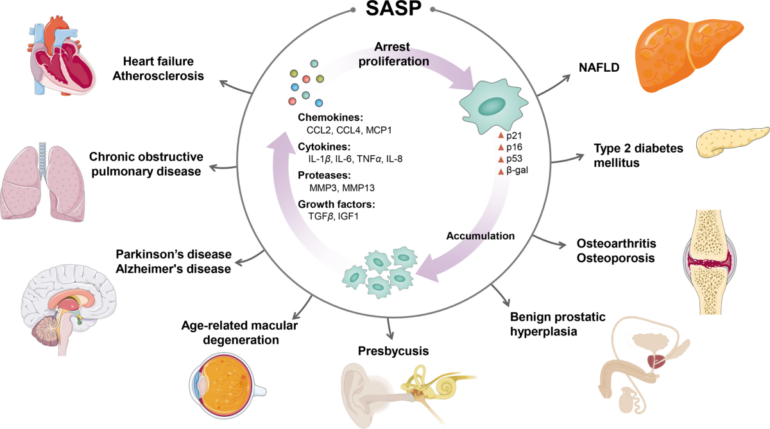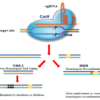What if extreme heat not only leaves you feeling exhausted but actually makes you age faster?
Scientists already know that extreme heat increases the risk of heat stroke, cardiovascular disease, kidney dysfunction and even death. I see these effects often in my work as a researcher studying how environmental stressors influence the aging process. But until now, little research has explored how heat affects biological aging: the gradual deterioration of cells and tissues that increases the risk of age-related diseases.
New research my team and I published in the journal Science Advances suggests that long-term exposure to extreme heat may speed up biological aging at the molecular level, raising concerns about the long-term health risks posed by a warming climate.

Extreme heat is a public health issue.
AP Photo/Lynne Sladky
Extreme heat’s hidden toll on the body
My colleagues and I examined blood samples from over 3,600 older adults across the United States. We measured their biological age using epigenetic clocks, which capture DNA modification patterns – methylation – that change with age.
DNA methylation refers to chemical modifications to DNA that act like switches to turn genes on and off. Environmental factors can influence these switches and change how genes function, affecting aging and disease risk over time. Measuring these changes through epigenetic clocks can strongly predict age-related disease risk and lifespan.
Research in animal models has shown that extreme heat can trigger what’s known as a maladaptive epigenetic memory, or lasting changes in DNA methylation patterns. Studies indicate that a single episode of extreme heat stress can cause long-term shifts in DNA methylation across different tissue types in mice. To test the effects of heat stress on people, we linked epigenetic clock data to climate records to assess whether people living in hotter environments exhibited faster biological aging.

Certain populations are more vulnerable to extreme heat.
Angela Weiss/AFP via Getty Images
We found that older adults residing in areas with frequent very hot days showed significantly faster epigenetic aging compared with those living in cooler regions. For example, participants living in locations with at least 140 extreme heat days per year – classified as days when the heat index exceeded 90 degrees Fahrenheit (32.33 degrees Celcius) – experienced up to 14 months of additional biological aging compared with those in areas with fewer than 10 such days annually.
This link between biological age and extreme heat remained even after accounting for a wide range of individual and community factors such as physical activity levels and socioeconomic status. This means that even among people with similar lifestyles, those living in hotter environments may still be aging faster at the biological level.
Even more surprising was the…



